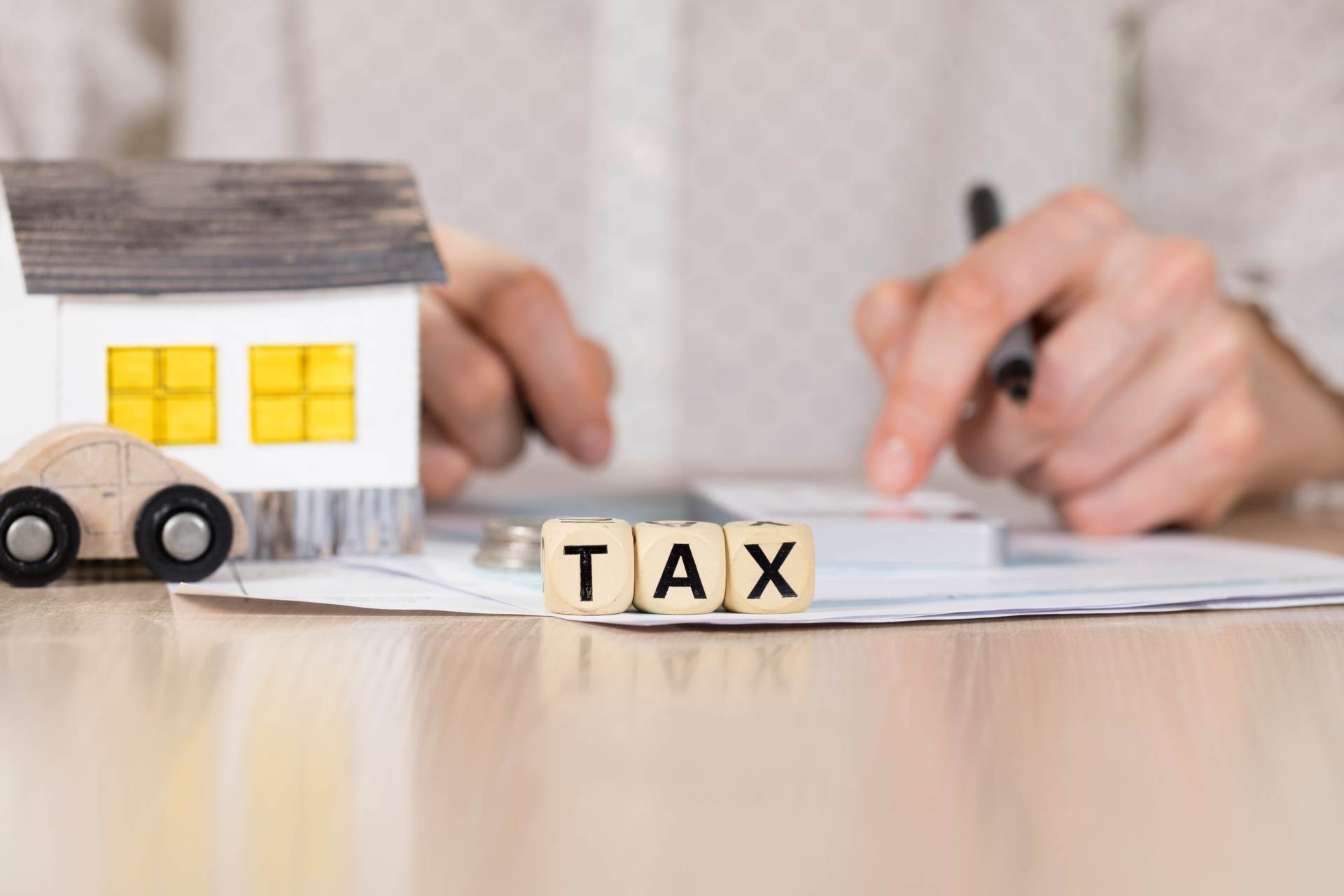
Date Published 12 August 2024
Recently a lot of articles in the press have suggested that Labour may align Capital Gains Tax (CGT) with income tax rates. Chancellor Rachel Reeves has also refused to rule out whether she will increase the rate of CGT in her Autumn Budget that takes place on October 30th. This will have a massive effect on Landlords who wish to dispose of an investment property or business owners wishing to retire.
Currently, a business owner who falls under the higher rate tax bracket is subject to a 10% tax on the first £1 million of their business sale proceeds and 20% on any remaining amount. However, if the tax rates were to be aligned with income tax, these individuals would be liable to pay a rate of 40% for higher rate taxpayers and 45% for additional rate taxpayers (excluding national insurance contributions and potential reduction in personal allowances). Similarly, Landlords selling investment properties are currently taxed at a rate of 24% on their gains. Aligning this with income tax would result in a higher rate of 40% and an additional rate of 45%. In general, the tax rate would increase by up to 400%.
Due to this change we would see many Landlords less likely to invest in property, especially in and around Reading and the South East of England. This would therefore reduce the supply of properties and drive up the rents. If the CGT notice was to come in for the Autumn Budget, we would see a mass amount of Landlords trying to sell before the tax changes took place but once the new tax rates come in, Landlords would refuse to sell their properties so the government would end up with 40% of nothing.
Throughout the duration of the recent General Election campaign, Prime Minister Sir Keir Starmer confidently stated that there would be no increase in CGT for those selling their primary residencies. The Labour party has consistently stated its commitment to not burdening working individuals with increased taxes, although this stance is challenged by the Conservative Party.